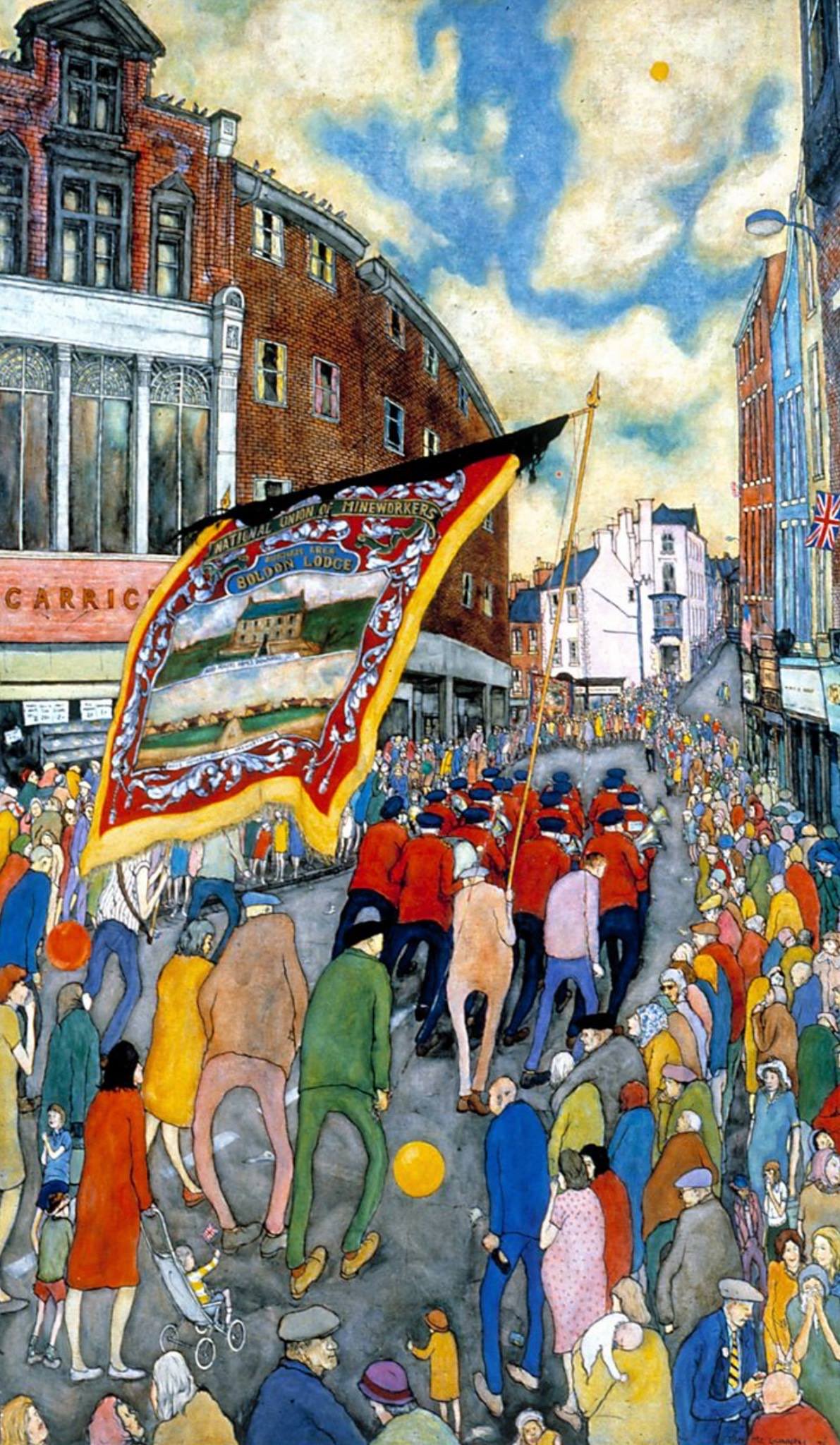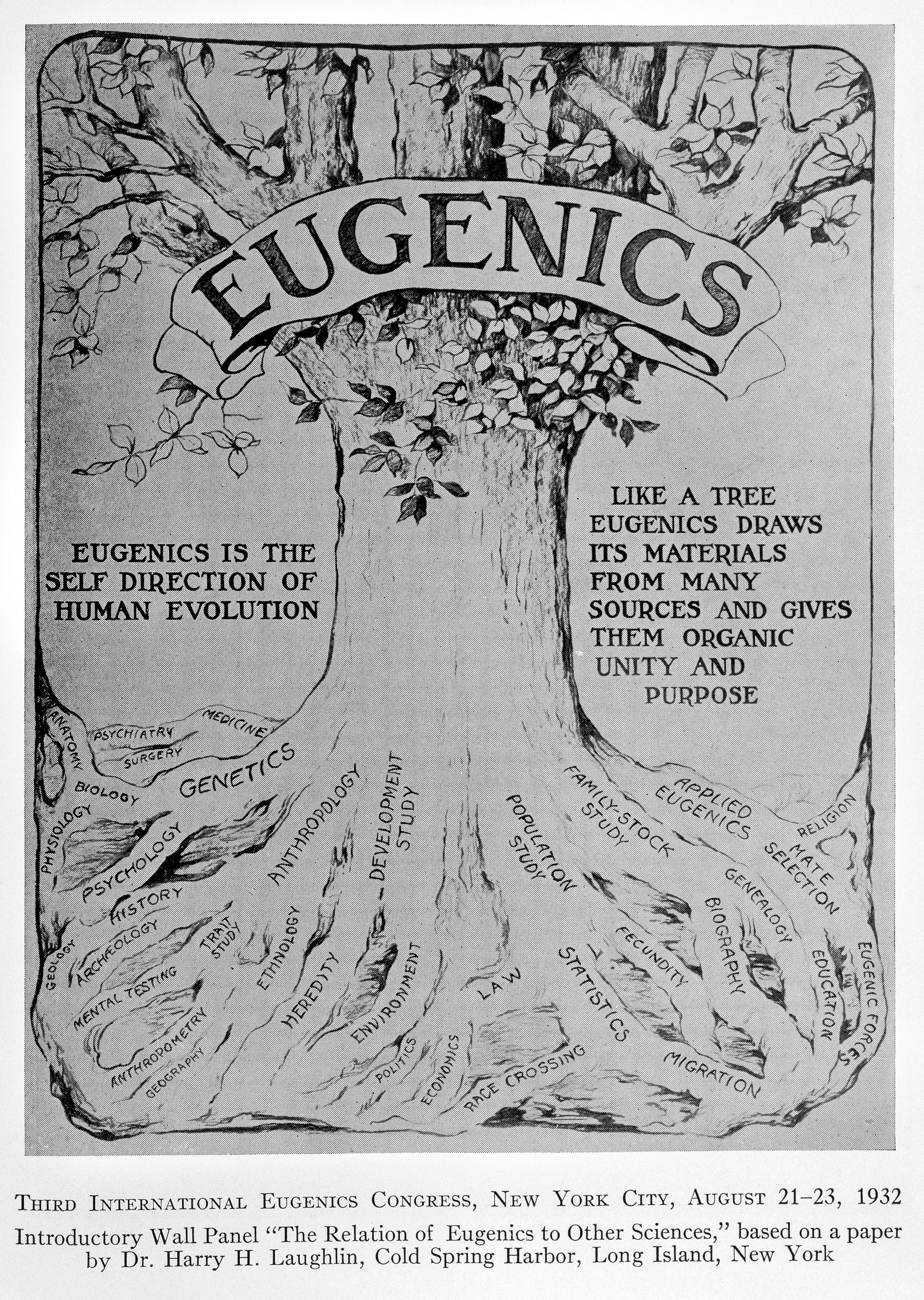When Categories Constrain Care: Investigating Social Categories in Health Norms through Disability History 1909-1958
Technologies define categories of ability and disability. Historically, the categorisation of disability also defined and reified the categories we now think of as critical to health assessment – categories like height, weight, sex, race, and class. My project examines how this happened. Why these categories? And why did these become so important in the early twentieth-century? My project locates the making of these categories in two distinct areas: eugenics and coalmining compensation. These two areas have been chosen because in the case of eugenics, researchers were attempting to prove the influence of heredity over the environment, while in the case of compensation disputes, miners and trade unionists sought to prove the influence of the environment over heredity. This contrast illuminates how these categories constructed disability as either biological or social, which had a corresponding impact on whether disablement was located in the individual, or whether it was located in the environment and ways of living and working.
Approach
My approach combines insights from disability history and history of science. Making disability visible in the categorisation processes central to science will destabilise the personal health paradigm and invigorate our understanding of how the environment and the individual interact. This project is therefore highly relevant to our thinking about health inequities today, especially in post-industrial regions.

Tom McGuinness, Miners’ Gala, 1976 (1977).

A decade of progress in Eugenics. Scientific. Wellcome Collection. Source: Wellcome Collection.
Funded by

Funding
This project is funded by the Wellcome Trust, [Grant number WT224756/z/21/z]